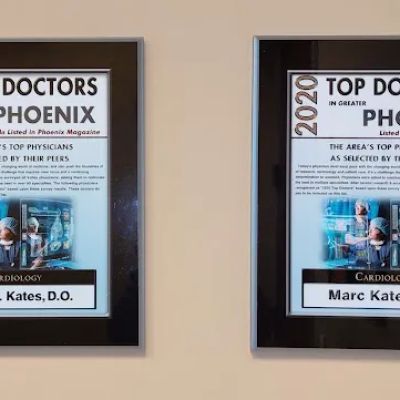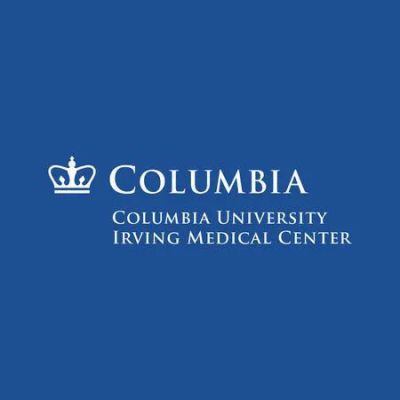Recognizing the Symptoms of Heart Disease Early: A Key to Preventing Severe Complications
- Why Early Detection of Heart Disease is Crucial
- Early Symptoms of Heart Disease You Shouldn't Ignore
- How to Recognize the Symptoms of Heart Disease Early
- Real-Life Story: Early Detection Saves a Life
- What to Do If You Recognize Heart Disease Symptoms
- Take Action: Prevent Severe Heart Disease Complications
1. Why Early Detection of Heart Disease is Crucial
Heart disease is one of the leading causes of death worldwide, but the good news is that it can often be prevented or managed effectively if detected early. Recognizing the symptoms of heart disease early gives you a better chance to intervene, whether through lifestyle changes, medical treatments, or lifestyle adjustments. Early detection allows healthcare providers to monitor your heart health more closely and take proactive steps before the condition worsens, reducing the risk of heart attacks, strokes, and other serious complications.
2. Early Symptoms of Heart Disease You Shouldn't Ignore
Many people are unaware that they are experiencing symptoms of heart disease until the condition has progressed. Recognizing the early signs of heart disease can be life-saving. Here are some of the most common early symptoms to look out for:
- Chest Pain or Discomfort: This may feel like pressure, tightness, or squeezing in the chest and could be a sign of an impending heart attack.
- Shortness of Breath: Difficulty breathing, especially with physical activity, can indicate heart issues as the heart struggles to pump oxygenated blood effectively.
- Fatigue: Unexplained tiredness or weakness, particularly after minimal exertion, can be a sign that your heart is not functioning properly.
- Dizziness or Lightheadedness: Feeling faint or lightheaded can be a symptom of low blood pressure or insufficient blood flow to the brain, both linked to heart disease.
- Swelling in the Legs, Ankles, or Feet: Fluid retention due to heart failure can cause noticeable swelling in the lower extremities.
- Irregular Heartbeat: Palpitations or irregular heartbeats can indicate arrhythmias, a sign of heart disease.
3. How to Recognize the Symptoms of Heart Disease Early
Being able to identify heart disease symptoms early can greatly improve your chances of effective treatment. Here's how to stay vigilant:
- Know Your Risk Factors: If you have a family history of heart disease, high blood pressure, diabetes, or other cardiovascular risk factors, you're more likely to experience heart disease symptoms earlier.
- Monitor Your Health Regularly: Keep track of your blood pressure, cholesterol levels, and weight to detect any abnormal changes early.
- Pay Attention to Your Body: If you're experiencing any of the symptoms mentioned, especially in combination, it's important to seek medical attention immediately.
- Know the Warning Signs of a Heart Attack: A heart attack can sometimes begin with symptoms like chest pain, nausea, cold sweats, and pain radiating to the arm, jaw, or back.
4. Real-Life Story: Early Detection Saves a Life
Meet Sarah, a 48-year-old woman who was leading an active life and had no family history of heart disease. However, she began experiencing unusual fatigue and occasional chest discomfort during her morning walks. Initially, she brushed it off as stress, but after a few weeks, the symptoms worsened. After recognizing the warning signs, Sarah went for a check-up and was diagnosed with early-stage heart disease. Thanks to early detection, Sarah was able to receive treatment, including medication and lifestyle changes, which prevented the condition from progressing. Today, she's healthier than ever, and her heart disease is well-managed.
5. What to Do If You Recognize Heart Disease Symptoms
If you or someone you know is experiencing symptoms of heart disease, it's important to act quickly. Here's what to do:
- Contact Your Healthcare Provider: If you experience any signs of heart disease, don't hesitate to reach out to your doctor for an evaluation. They can run tests and recommend appropriate treatments.
- Get a Thorough Evaluation: A proper heart disease diagnosis might include blood tests, an ECG, stress tests, or imaging like an echocardiogram to assess your heart's health.
- Follow Medical Advice: If diagnosed with heart disease, following your healthcare provider's recommendations, including medication, diet changes, and exercise, is key to managing the condition.
6. Take Action: Prevent Severe Heart Disease Complications
Recognizing the symptoms of heart disease early is your first step toward preventing severe complications. By staying informed about your heart health and taking action at the first sign of symptoms, you can reduce the risk of heart attacks, strokes, and other dangerous outcomes. If you're ready to take control of your heart health, explore our range of heart health products and services that can help you monitor your condition and maintain a healthy heart. Don't wait – take action today for a healthier tomorrow!




















